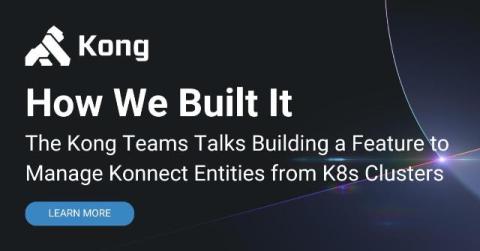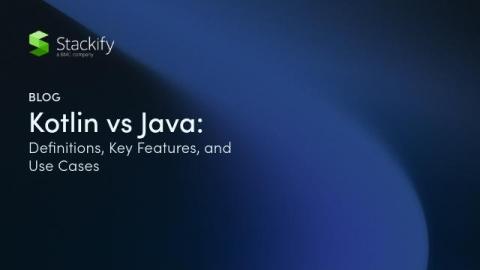The Rise of Open Table Formats: Breaking Free from Data Silos
For years, data teams have struggled within proprietary ecosystems that prioritize vendor control over flexibility. Once a platform is chosen, switching becomes an expensive ordeal. Data formats, tightly coupled with specific tools, create rigid boundaries that make migrating workloads or integrating new technologies arduous. Moving datasets between systems often requires costly transformations and manual rewrites that consume time and resources.











